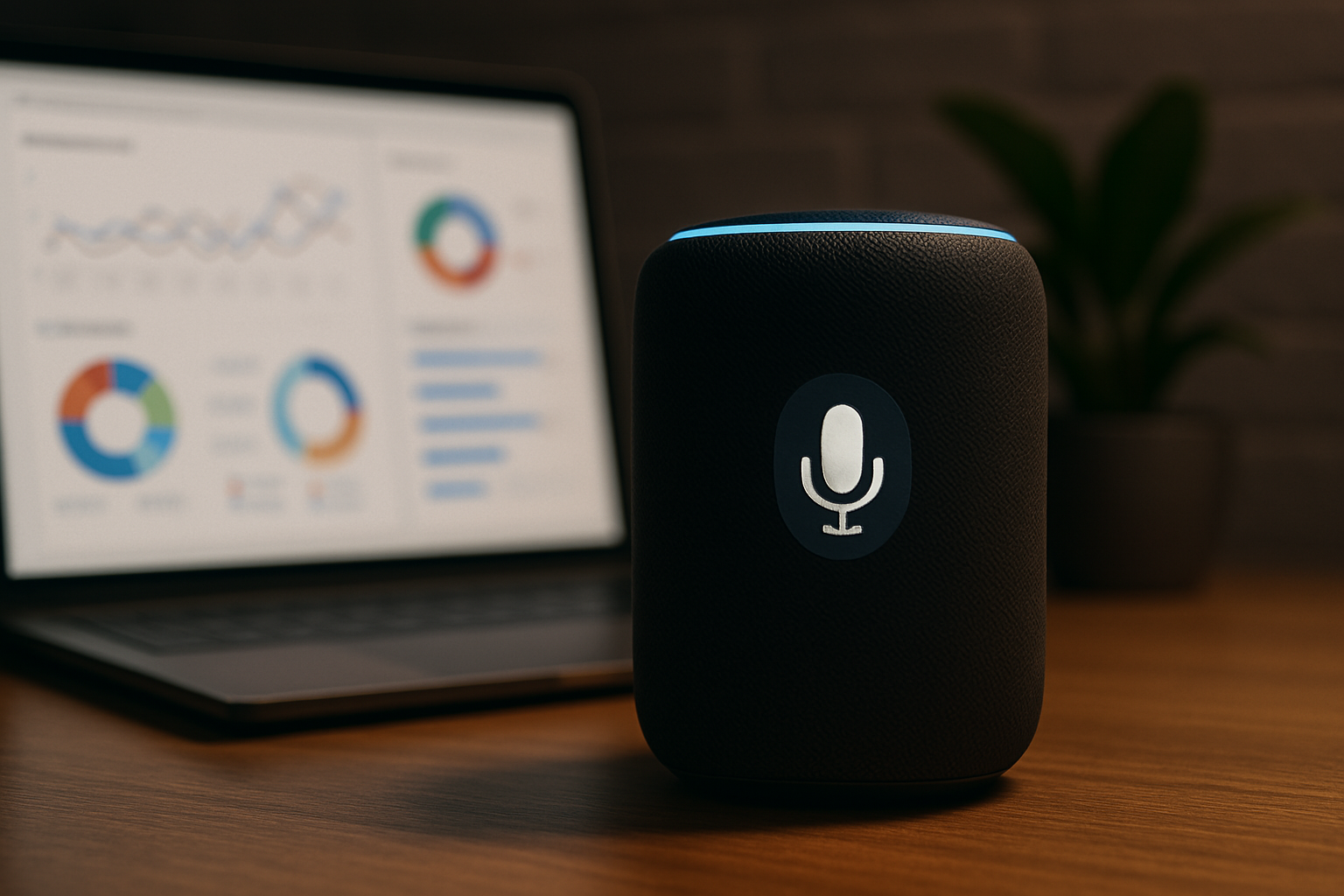Voice search has fundamentally transformed how people interact with search engines and find information online. In 2025, with voice assistants integrated into virtually every smart device, optimizing for voice search has become a critical component of any comprehensive SEO strategy. This article explores the current state of voice search and provides actionable strategies to ensure your business remains visible in this evolving landscape.
The Current State of Voice Search
Voice search adoption has accelerated dramatically in recent years:
- Over 70% of consumers now use voice assistants for search queries at least weekly
- Voice commerce transactions are projected to reach $80 billion annually by the end of 2025
- Smart speaker ownership has expanded to more than 60% of U.S. households
- Voice search accounts for approximately 30% of all search queries across devices
These statistics underscore the importance of adapting SEO strategies to accommodate voice search behavior, which differs significantly from traditional text-based search.
How Voice Search Differs from Traditional SEO
Voice search introduces several key differences that impact optimization strategies:
- Conversational queries: Voice searches typically use natural language patterns and complete questions
- Local intent: Voice searches are 3x more likely to have local intent than text searches
- Featured snippet dominance: Voice assistants typically pull answers from featured snippets or position zero results
- Mobile-first context: The majority of voice searches occur on mobile devices
- Answer-focused: Voice search users expect direct answers rather than lists of results
Understanding these differences is essential for developing effective voice search optimization strategies.
Optimizing Content for Voice Search
To make your content more voice-search friendly:
- Focus on conversational keywords: Incorporate natural language phrases and questions that mirror how people actually speak. Tools like AnswerThePublic can help identify common question formats around your topics.
- Create FAQ content: Dedicated FAQ pages that directly address common questions in your industry can significantly improve voice search visibility. Structure these with one question per H2 or H3 tag, followed by a concise answer.
- Optimize for featured snippets: Structure content to directly answer specific questions in 40-60 words, ideally within the first paragraph of relevant pages. Use structured data to help search engines understand your content.
- Improve page speed: Voice search results typically come from pages that load quickly. Aim for page load times under 2 seconds on mobile devices.
- Use schema markup: Implement relevant schema markup to provide context about your content, particularly for local businesses, events, products, and FAQs.
Local SEO for Voice Search
With the high percentage of voice searches having local intent, local optimization is crucial:
- Ensure your Google Business Profile is complete, accurate, and regularly updated
- Include conversational phrases about your location (e.g., "near downtown," "serving the greater metro area")
- Optimize for "near me" searches by including proximity terms in titles, headings, and content
- Build consistent NAP (Name, Address, Phone) citations across the web
- Collect and respond to reviews, as they influence local voice search rankings
Technical Considerations for Voice Search
Several technical factors significantly impact voice search performance:
- Mobile optimization: Ensure your site is fully responsive and provides an excellent mobile experience
- Structured data: Implement JSON-LD structured data to help voice assistants understand your content
- Natural language processing signals: Use semantic HTML (proper heading structure, lists, etc.) to help AI better understand your content
- HTTPS security: Voice search results overwhelmingly come from secure sites
- Speakable schema markup: Implement speakable schema to identify content specifically suitable for voice search results
Measuring Voice Search Performance
Tracking voice search performance remains challenging, but several approaches can provide insights:
- Monitor featured snippet rankings for question-based keywords
- Track increases in conversational, long-tail keyword traffic
- Analyze changes in local search performance metrics
- Use Google Search Console to identify question-based queries driving traffic
- Set up custom segments in analytics for mobile + natural language queries
Future-Proofing Your Voice Search Strategy
As voice search technology continues to evolve:
- Invest in conversational AI on your own digital properties
- Consider developing voice apps or skills for major platforms
- Explore voice commerce opportunities relevant to your business
- Stay informed about changes in voice search algorithms and user behavior
- Test voice interactions with your content regularly across different devices
Voice search optimization is no longer optional for businesses that want to maintain visibility in search results. By understanding how voice search differs from traditional search and implementing the strategies outlined above, you can ensure your business remains discoverable as voice continues to reshape the search landscape.




